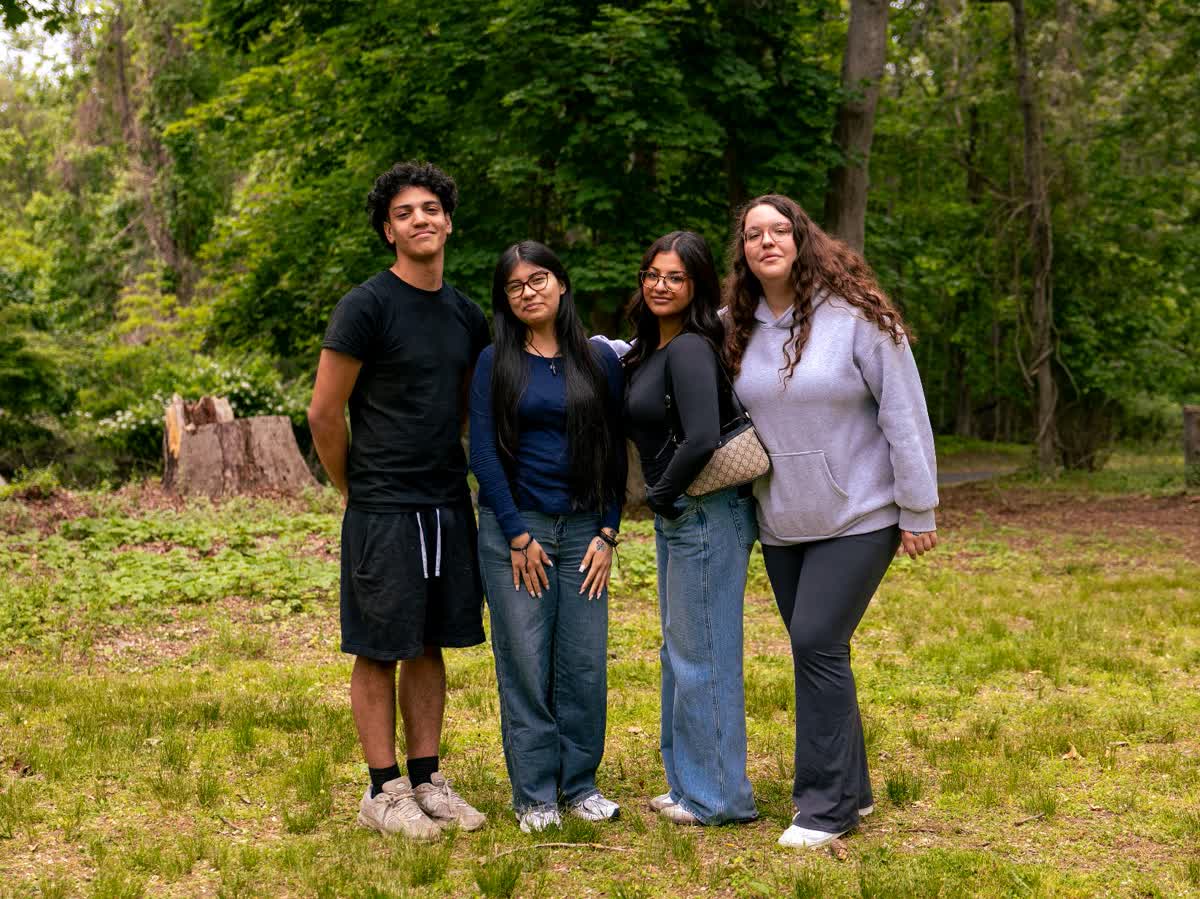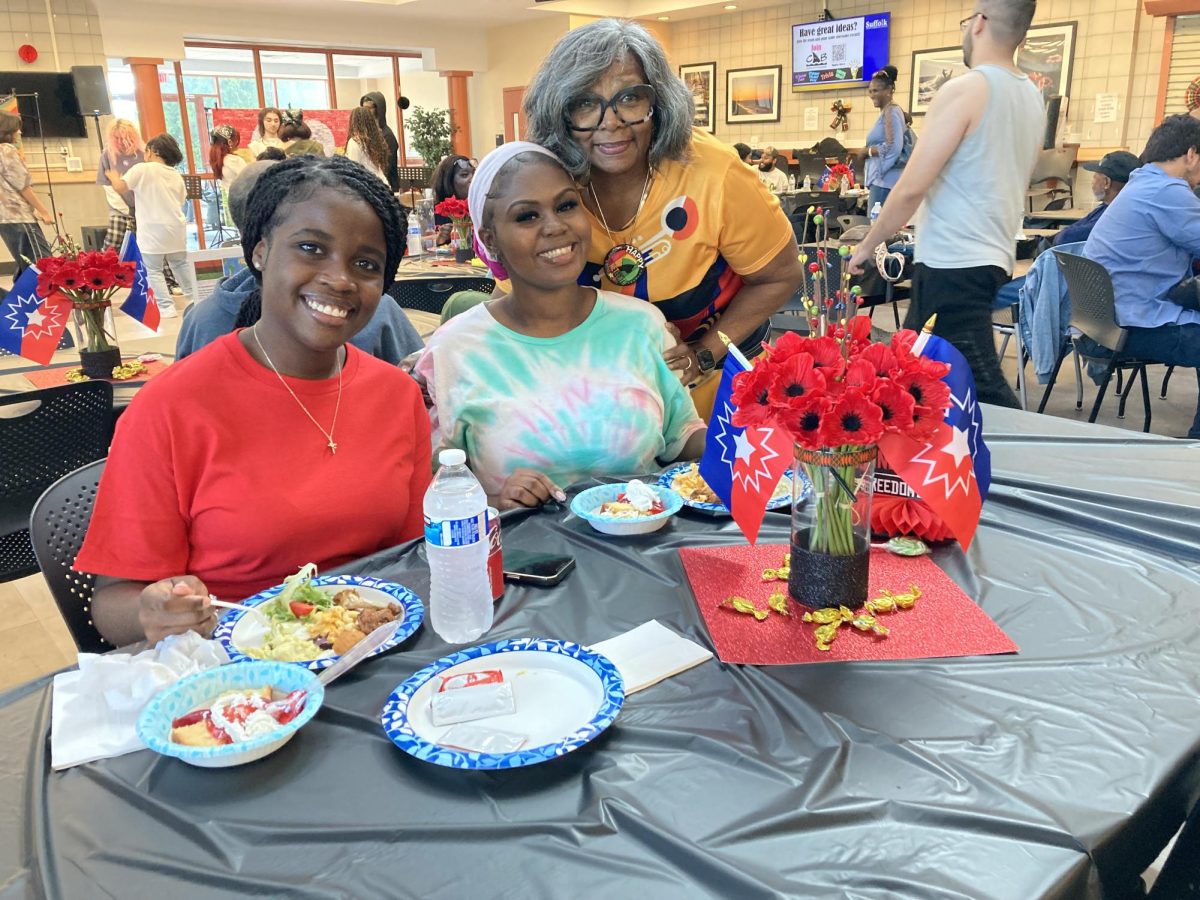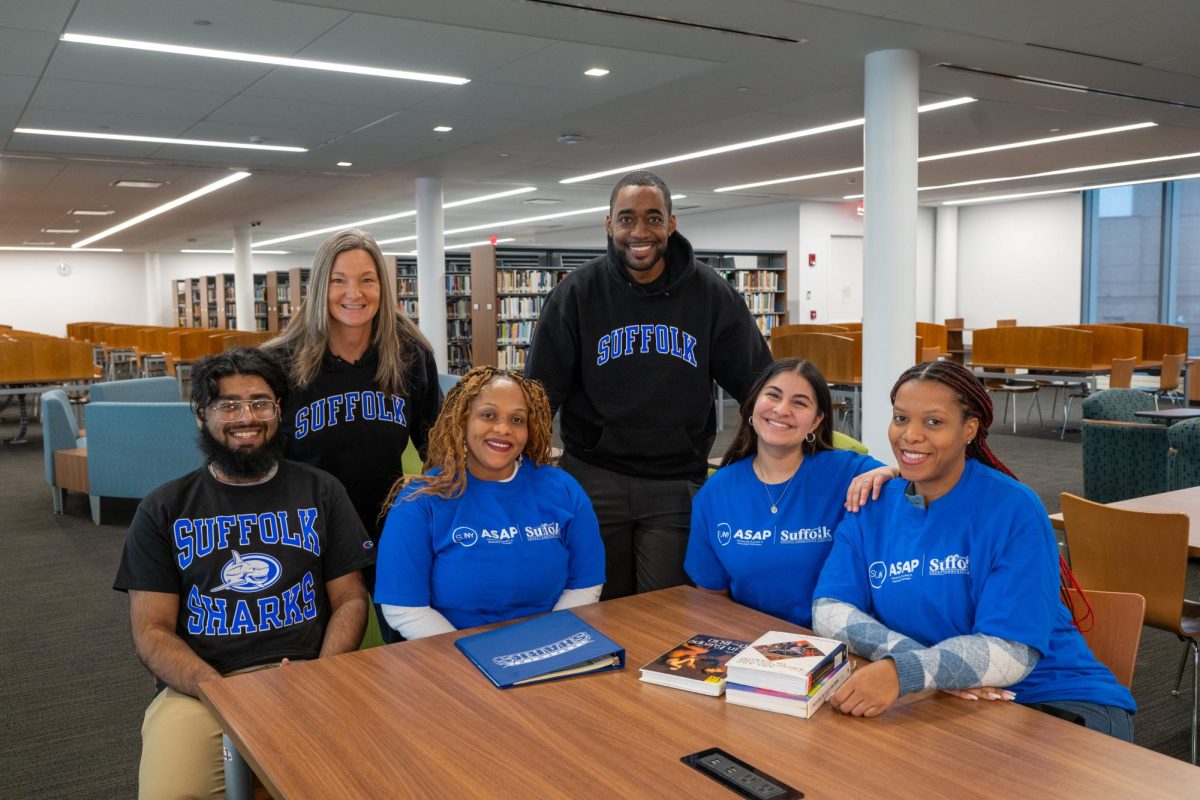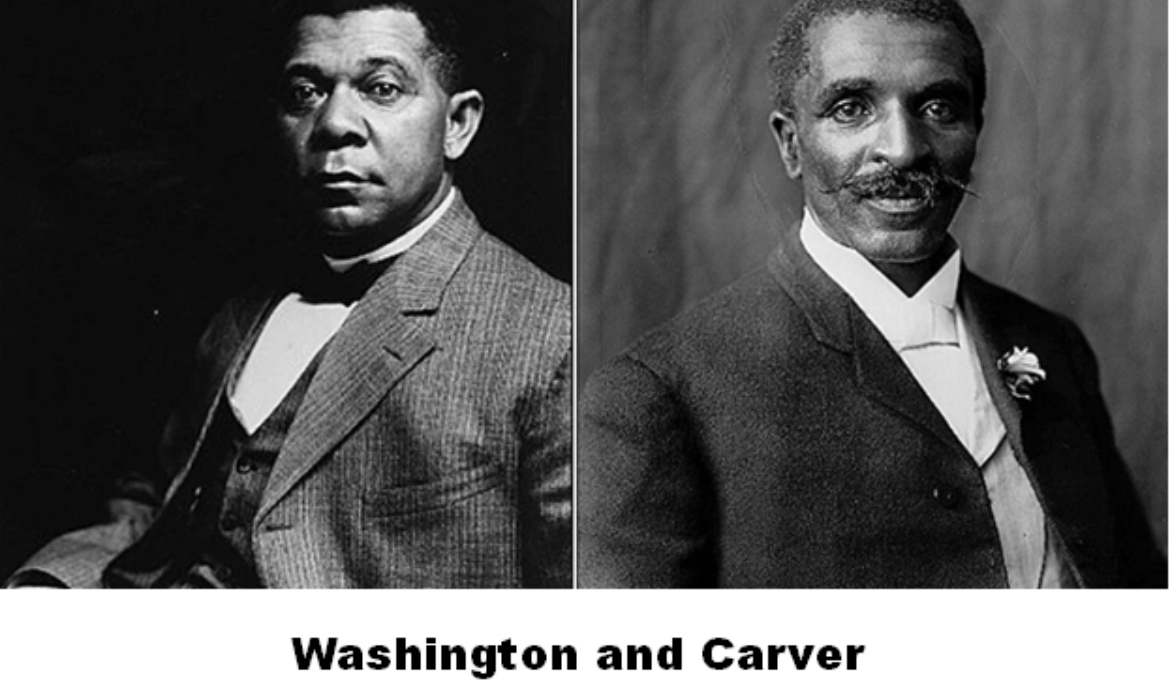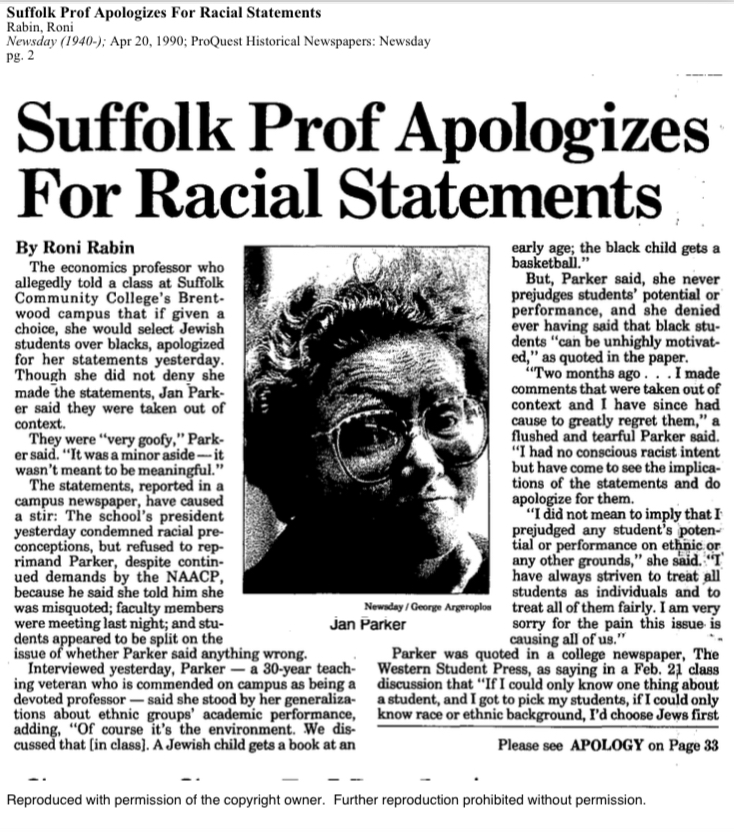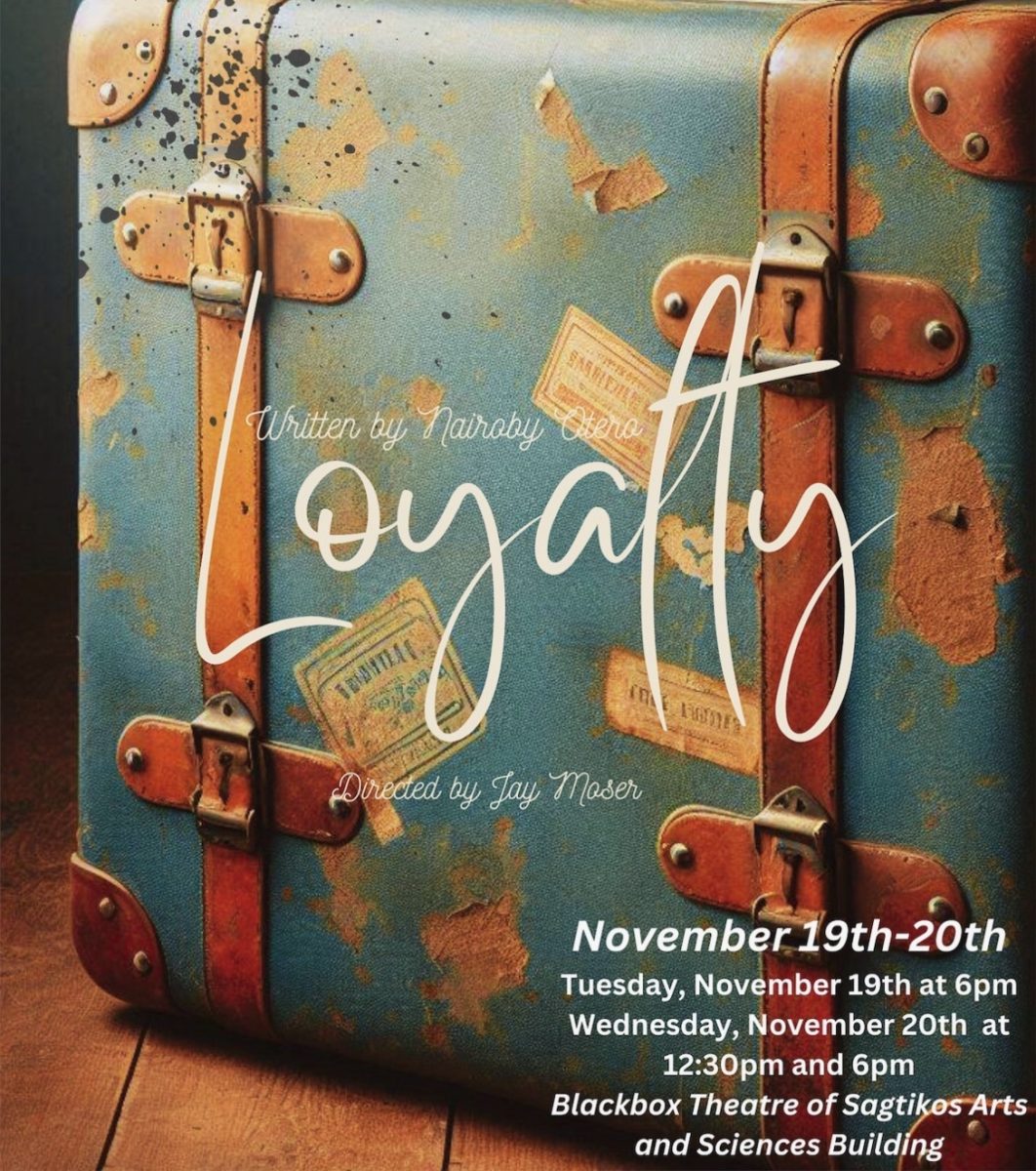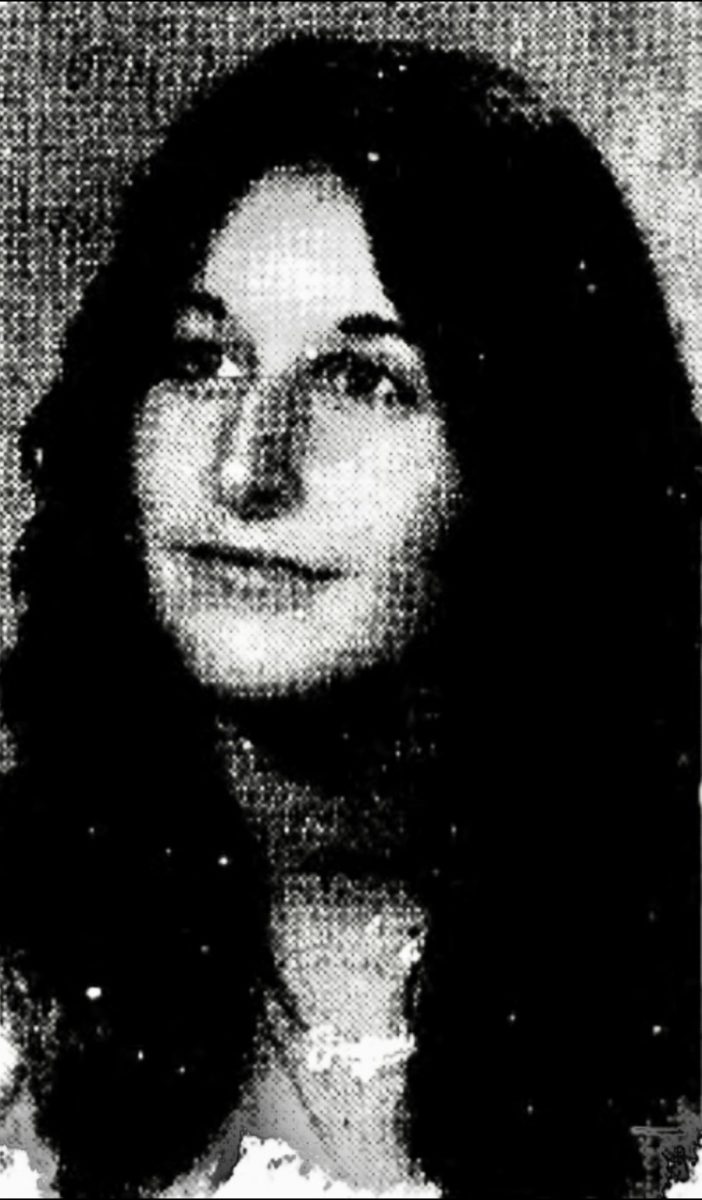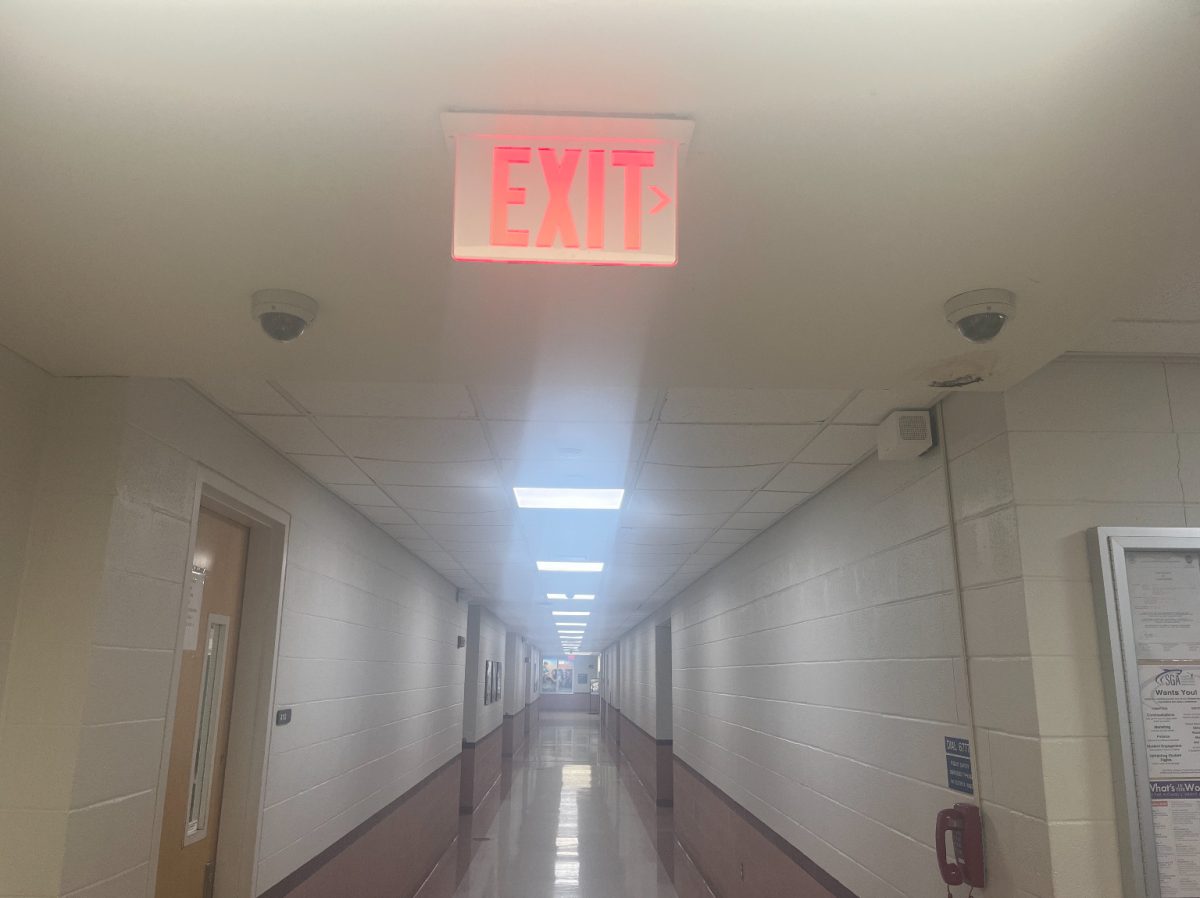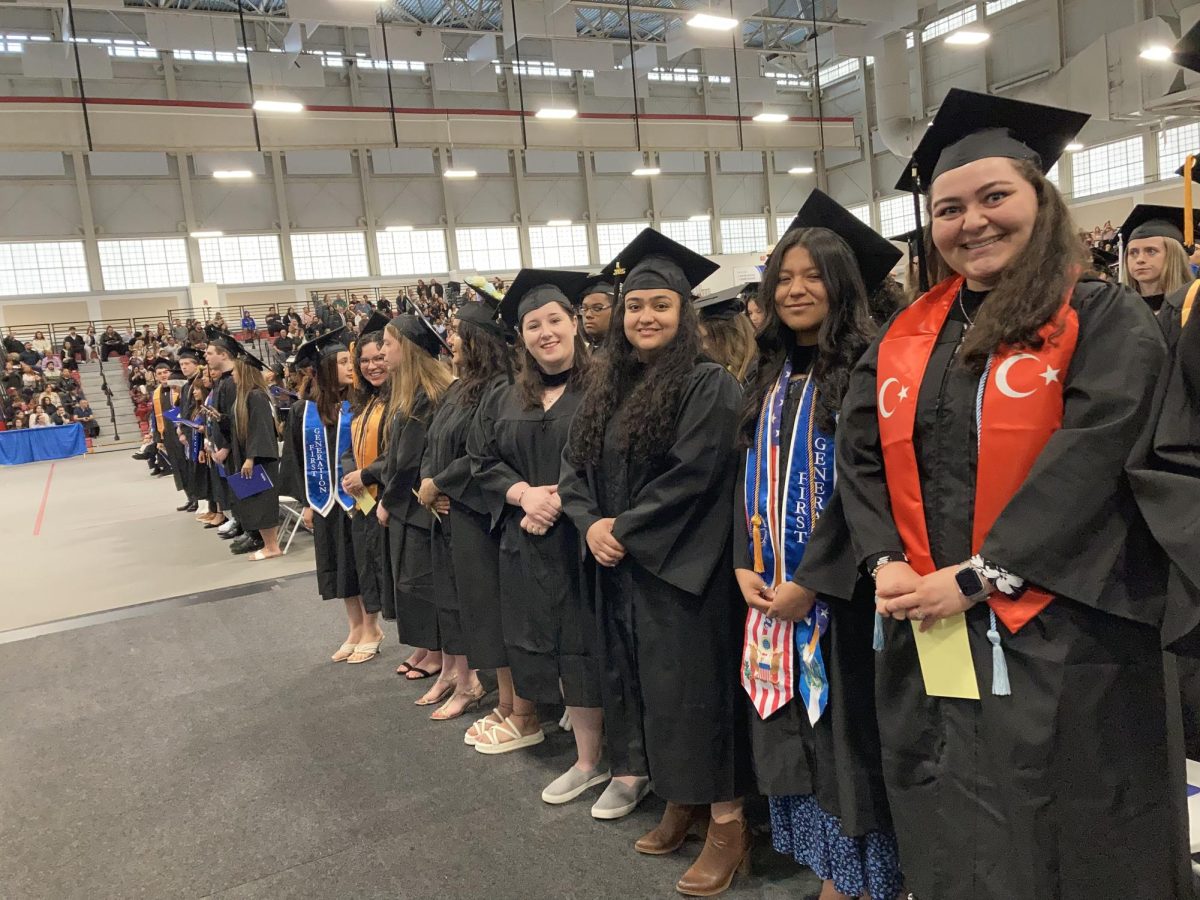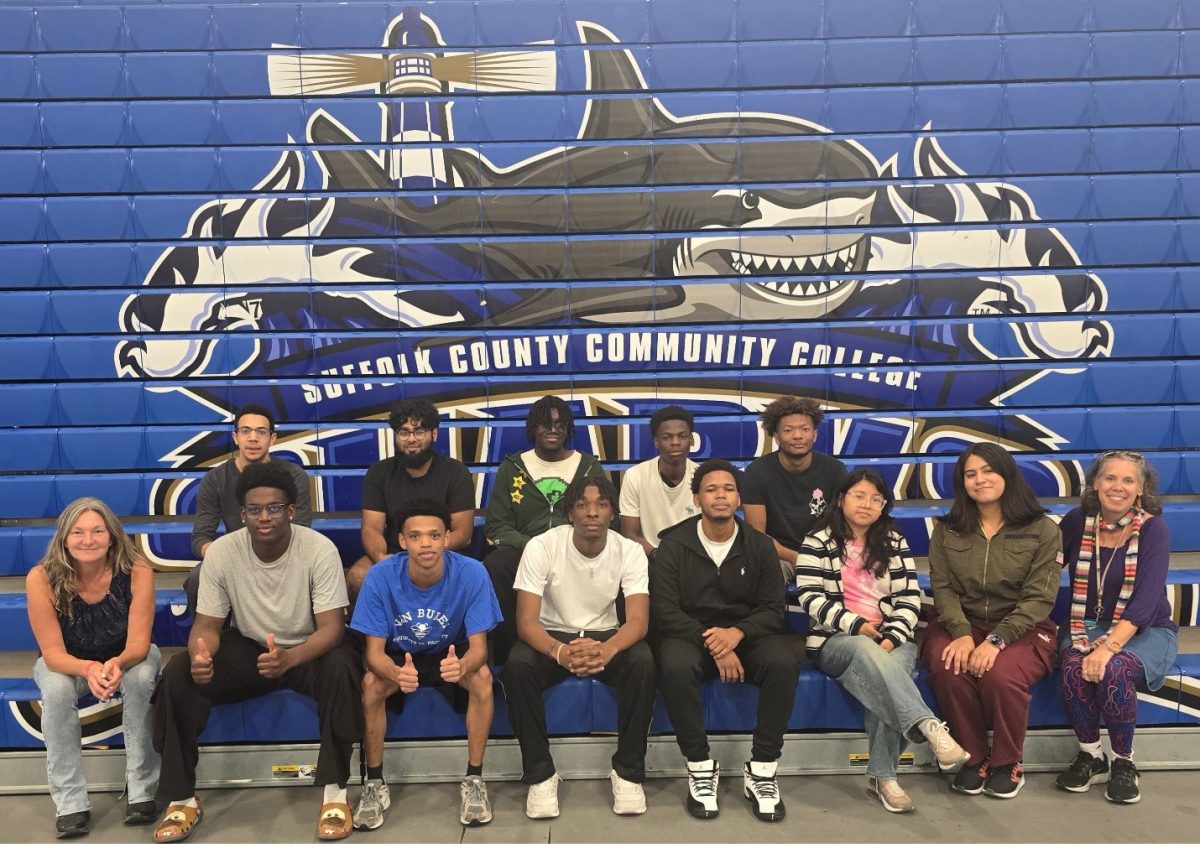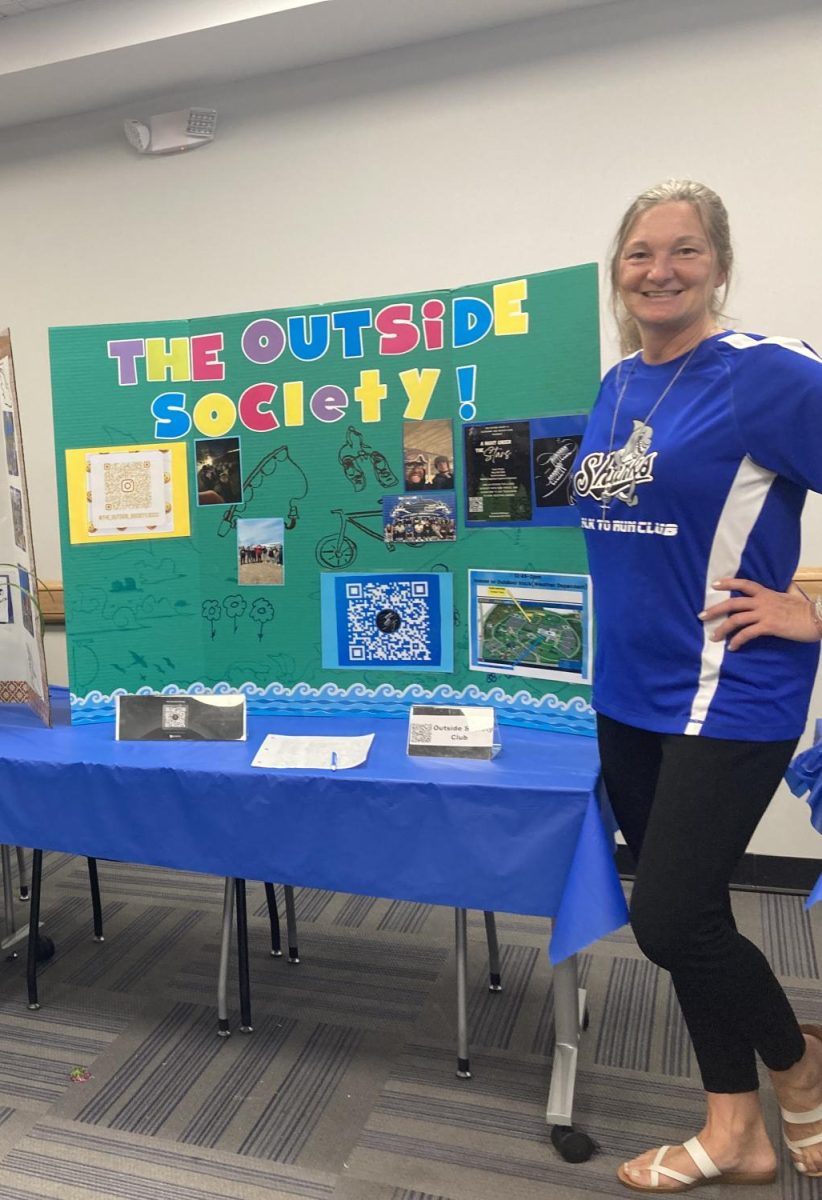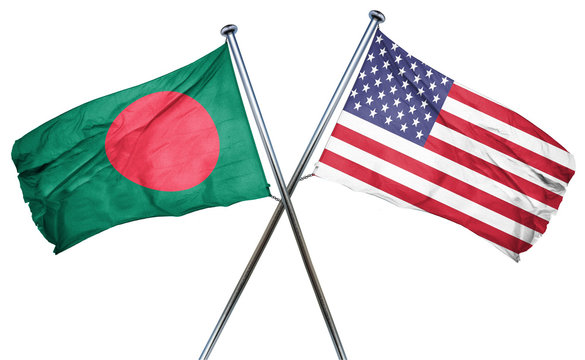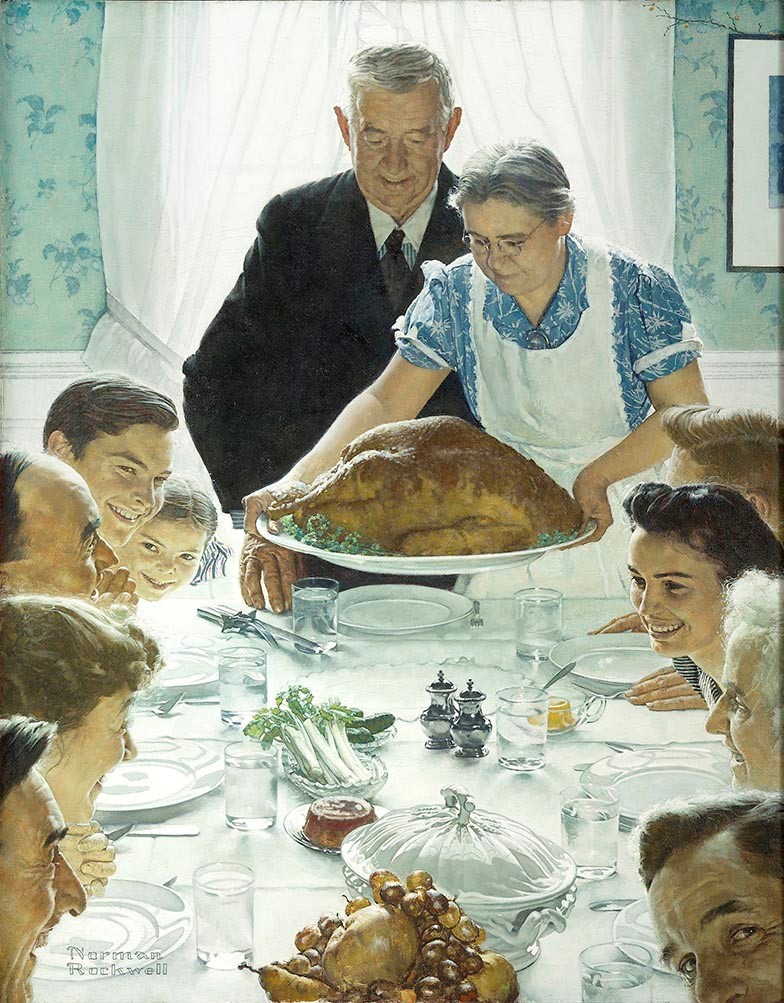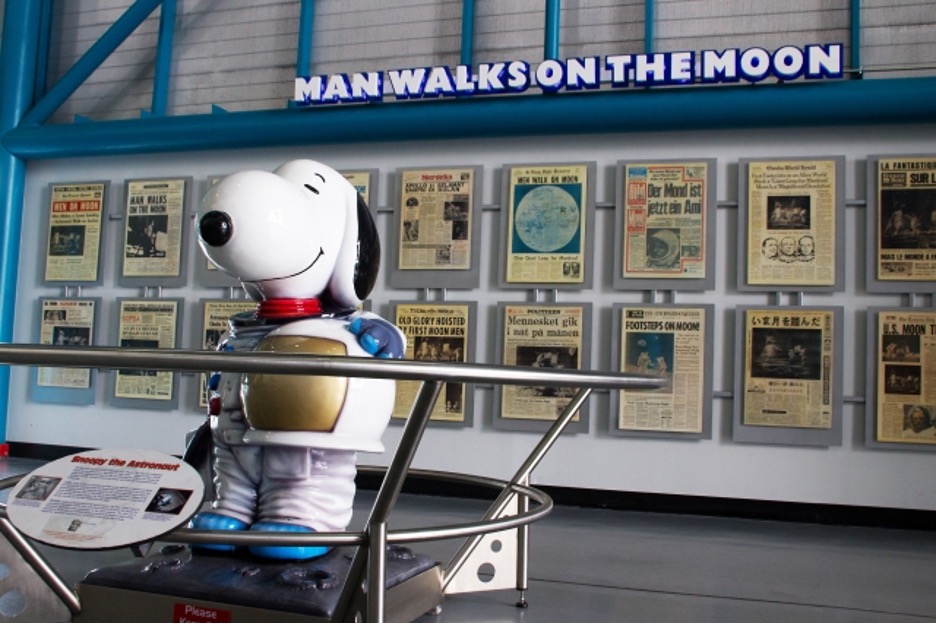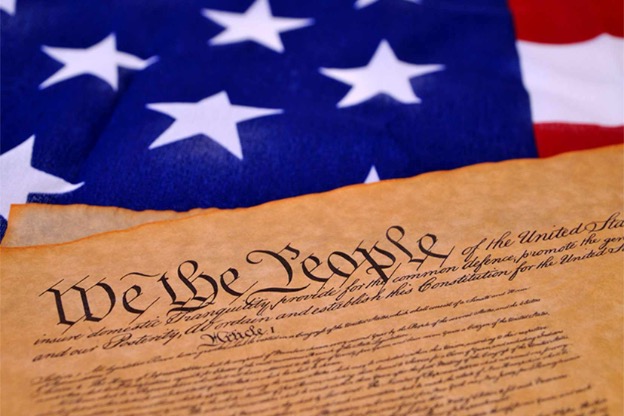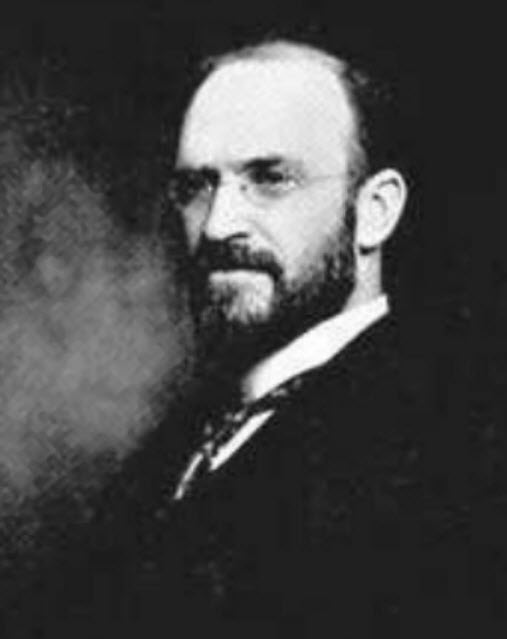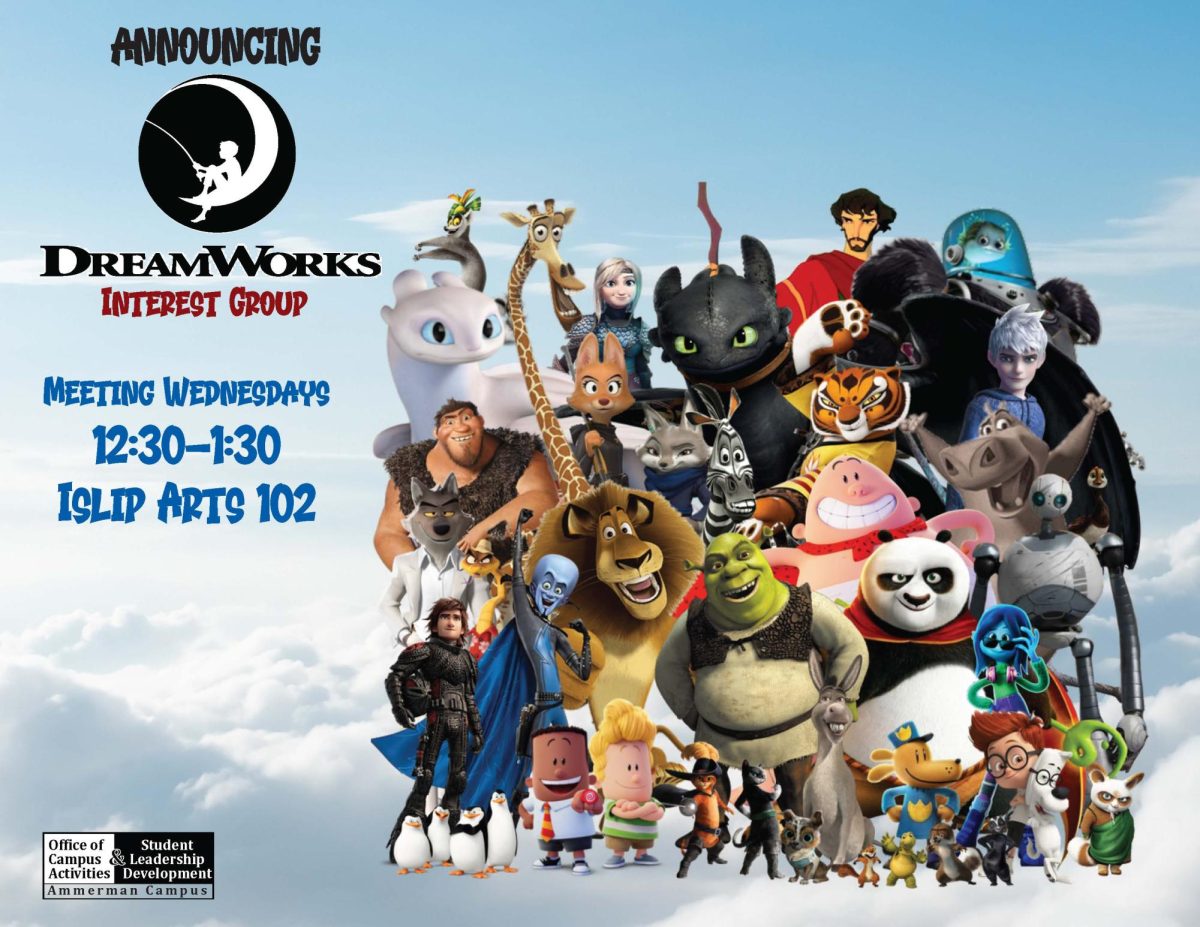 CELEBRATING NATIONAL LIBRARY WEEK
CELEBRATING NATIONAL LIBRARY WEEK
The American Library Association (ALA) sponsors National Library Week in April (this year April 6-12) to celebrate the contributions of libraries, librarians, and library support staff. Of all those that have contributed to the development of libraries, Melvil Dewey stands out. He effectuated so many innovative ideas, but when asked, most remember him for instituting the Dewey Decimal Classification for library cataloging.
He was a visionary regarding library development including the Dewey System. After graduating from Amherst College in 1874, he was asked to oversee their library. While there, realizing the lack of organized cataloging, he devised the classification system which later was named the Dewey Decimal Classification System, (copyrighted in 1876). It basically identifies shelved items by using numbers 000-999 including sub classes to represent subject content, a system that is estimated to be in effect today in over 200,000 libraries around the world. Most academic libraries do not use the Dewey system (including SCCC). Instead the Library of Congress (LOC) classification cataloging system is employed which implements letters A-Z and sub classes resulting in a considerably greater expansive system. The system also lends itself more towards research needs.
A few years later, Dewey was one of the founders of the American Library Association,the organization that supports, and promotes U.S. libraries and librarians and sets standards for them. He then moved to Boston to become an editor of the American Library Journal, a publication that still offers quality library articles and reports regarding academic, public, and institutional libraries, but is now simply titled the Library Journal.
Another of his innovations is the development of library science in the United States which gradually evolved into the field of Library and Information Science. Information Science is the degree most academic librarians attain in which their expertise is in the knowledge of materials in collections of all disciplines, and their organizational, storage, retrieval, interpretation, selection, and use of those materials.
Dewey’s library knowledge and innovativeness continued to impress institutions. Columbia College employed him as their librarian which resulted in his establishing the School of Library Economy, the first school in the U.S. to have a course of study for training librarians. His time at Columbia was short lived partly because he was against the administration’s opposition to allowing women in the librarianship program. Dewey departed Columbia and accepted a position as secretary of the State University of New York and director of the New York State Library during which time he reorganized the state libraries including establishing a section exclusively for children’s media. He also initiated the idea of traveling libraries to serve communities without access to public libraries.
In 1886, Dewey founded the Spelling Reform Association and by 1906 he was a founding member of the Simplified Spelling Board which was funded by Andrew Carnegie. According to a 1906 New York Times article, the initial 30 members of the Board consisted of noted authors, professors, dictionary editors, and even The Timesgave its support. The Simplified Spelling Board’s suggested revisions involved about 10% of the U.S. lexicon which they believed caused spelling difficulties. Some examples of the Spelling Board’s revisions from the section called Fonetic Goal are, head to hed, cough to cof, laugh to laf, sense to sens, alphabet to alfabet, etc. It occurred to me that even though it never materialized, we do see its use in various communications today such as texting.
In 1895 Dewey founded the Lake Placid Club which is considered America’s first Clubfor lodging and outdoor winter recreation. During the other seasons he had events of outstanding musical and theater performances along with outdoor recreation. The sign for the lodge used his simplified spelling Adirondack Loj as did the dinner menu. The Lake Placid New York Club also had a conference center which was a favorite venue for librarians and library conferences. In 1926, Dewey established a southern branch of the Lake Placid Club in Florida. He died there in 1931.
Sadly, there is another narrative concerning Dewey. He is viewed as a racist. The Dewey classification system had some unacceptable cataloging decisions that have since, in most cases, been revised. For example, playwrights were in the 800s by country, but Black playwrights were in 325, the Social Sciences section for International Migration and Colonization. In addition, his Lake Placid, New York Club refused African Americans and Jews.
In 1904, the New York State Board of Regents received a petition demanding Dewey’s removal as state librarian because of the Lake Placid Club’s policies. While the regents declined to remove Dewey, they did issue a public rebuke. The following year, Dewey resigned.
He was also found guilty on several occasions of sexual harassment including a trip to Alaska sponsored by the American Library Association, during which he made unwelcomed advances toward four prominent librarians. As a result, Dewey was forced to resign from active participation in the ALA. For decades after, he continued to be accused of sexual harassment, some cases resulting in legal settlements.
In spite of his actions, he was invited to be the guest of honor at ALA’s 50th anniversary meeting in 1926, and was inducted into the ALA Hall of Fame posthumously in 1951.
However, 68 years later, at the June 2019 conference of the American Library Association, the Council voted to remove Dewey’s name from its top honor, the Melvil Dewey Medal. The resolution cited Dewey’s history of racism, anti Semitism, and sexual harassment. At the January 2020 conference, the award was renamed the ALA Medal of Excellence.
Undoubtedly his contributions, astuteness, and insight regarding librarianship are outstanding, but unfortunately, his character flaws detract.
Please stop by the Grant Campus library and see the display that accompanies this article. If librarianship is of interest to you, our college libraries have sources referencing it and many other topics. Just ask a librarian.




